BioWare's Challenges: Dragon Age's Uncertain Future and Mass Effect's Status
BioWare, a studio once renowned for its gripping RPGs, is facing turbulent times, particularly with the uncertain futures of Dragon Age and the next Mass Effect. The latest installment, Dragon Age: The Veilguard, aimed to reaffirm BioWare's prowess in crafting compelling narratives but has instead led to widespread disappointment. On Metacritic, over seven thousand players gave it a dismal 3 out of 10 rating, and Electronic Arts reported sales at just half of what was projected. This has cast a shadow over the future of BioWare's RPG endeavors, raising concerns about the development of the next Mass Effect as well.
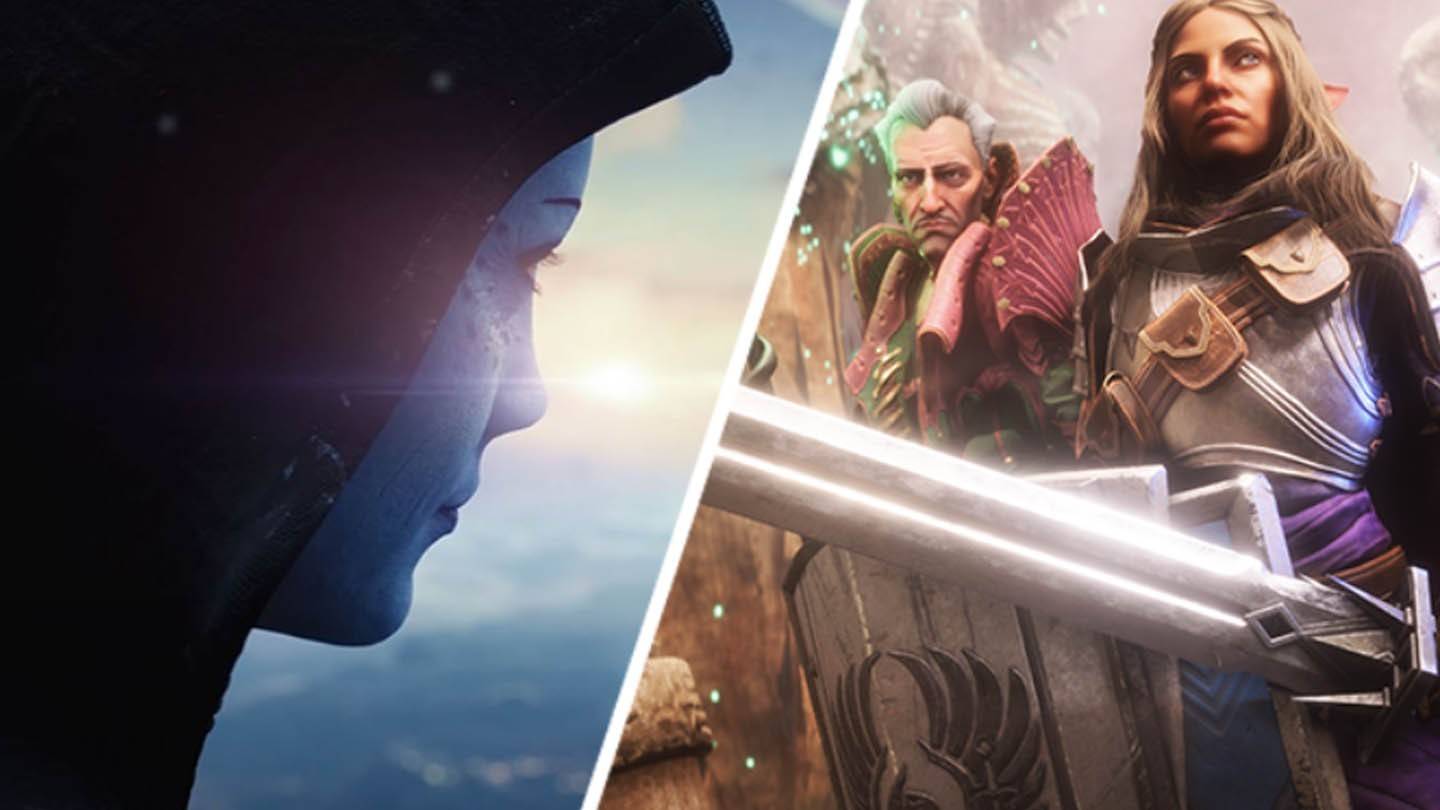 Image: x.com
Image: x.com
The Long Road to Dragon Age 4
The journey to Dragon Age 4, or Dragon Age: The Veilguard, has been fraught with challenges and delays spanning nearly a decade. Initially buoyed by the success of Dragon Age: Inquisition, BioWare set ambitious goals under the guidance of Mark Darrah in 2016. The plan was to release Dragon Age 4 by 2019-2020, followed by the fifth installment within 1.5-2 years, and conclude the trilogy with Dragon Age 6 by 2023-2024. The vision was to elevate Dragon Age to the stature of The Elder Scrolls, with substantial support from EA. However, the project faced setbacks when resources were shifted to Mass Effect: Andromeda in late 2016. Following Andromeda's poor reception, BioWare Montreal was disbanded, and many staff members were redirected to work on Anthem. Consequently, from 2017 to 2019, Dragon Age 4's development was minimal, managed by a skeleton crew.
In 2017, EA's shift towards service-based games like Destiny and The Division led to a reimagining of Dragon Age as a live-service title, codenamed Joplin. However, after Anthem's failure in 2019, BioWare successfully lobbied to revert to a single-player focus, renaming the project Morrison. The game was officially announced as Dreadwolf in 2022, but as its release approached, the subtitle was changed to The Veilguard due to narrative shifts focusing on the protagonist's team rather than Fen'Harel, the Dread Wolf. Despite positive critical reviews, The Veilguard, launched on October 31, 2024, sold only 1.5 million copies, significantly below expectations.
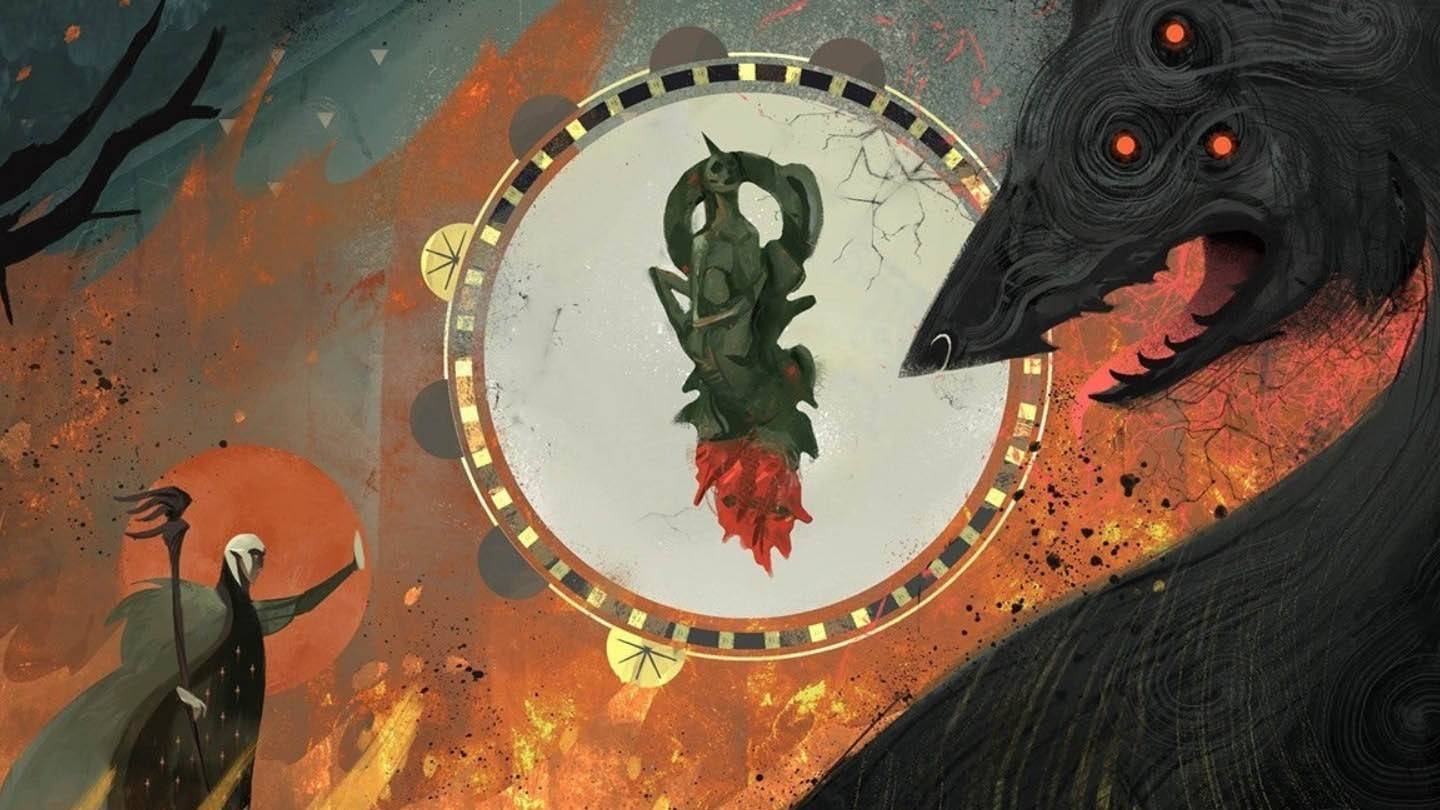 Image: x.com
Image: x.com
Key Departures at BioWare
In the wake of The Veilguard's disappointing performance, Electronic Arts restructured BioWare, leading to staff reassignments and layoffs. Several pivotal figures left the company, including veteran writers Patrick and Karin Weekes, who had contributed to the Mass Effect and Dragon Age series for over two decades. Patrick, the lead writer for The Veilguard, crafted memorable characters like Tali’Zorah, Solas, Cole, Iron Bull, and Taash. His departure, along with others like game director Corinne Bouche, who left to create a new RPG, has left a significant gap in BioWare's creative talent. Other notable exits include Cheryl Chi, Silvia Feketekuti, and John Epler, further shrinking the workforce from 200 to fewer than 100 employees. Despite these layoffs, BioWare remains operational, with some developers reassigned to other EA projects and a smaller team continuing work on the next Mass Effect.
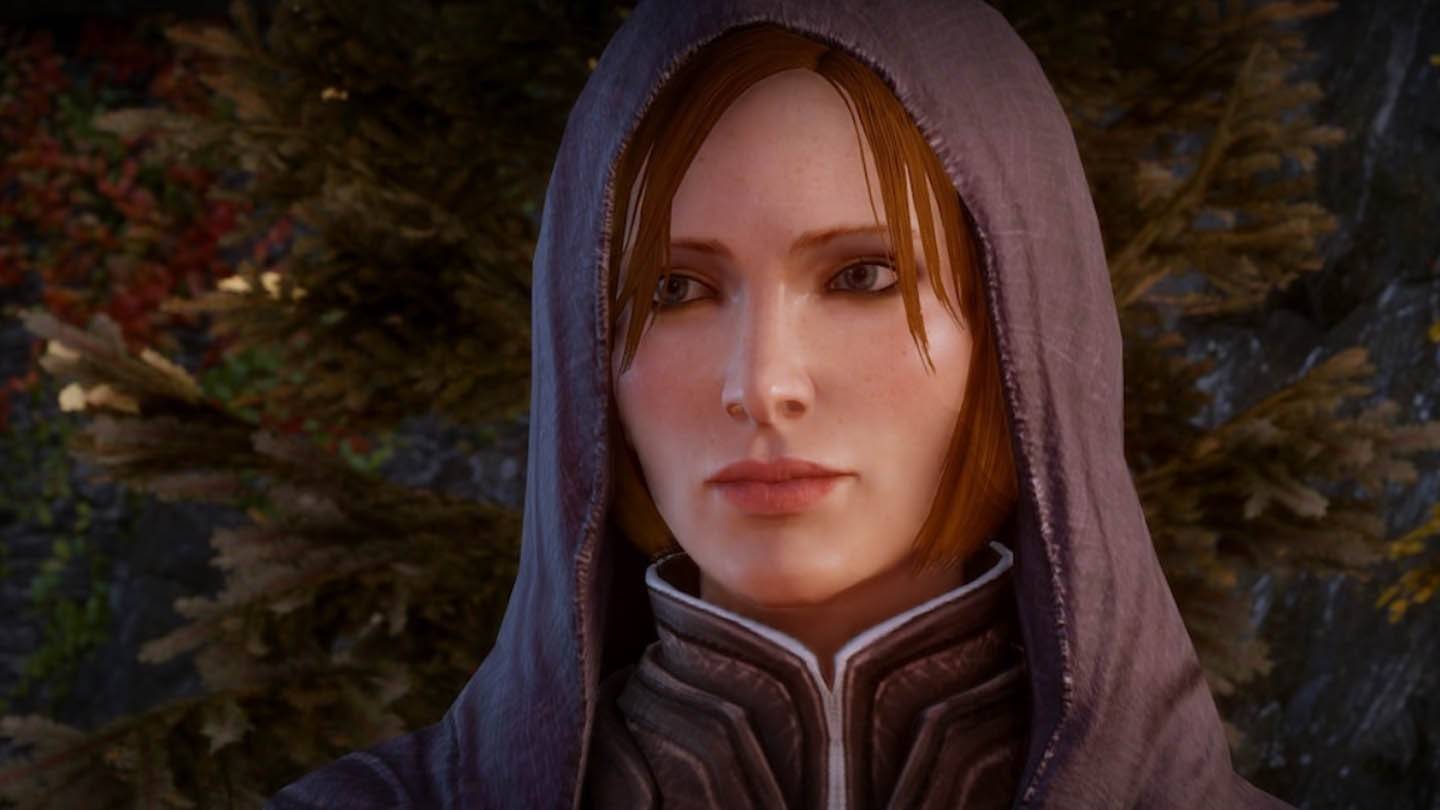 Image: x.com
Image: x.com
Dragon Age 4 Tried to Mimic Mass Effect but Failed
Corinne Bouche and John Epler revealed in interviews with Eurogamer that The Veilguard drew inspiration from Mass Effect 2, focusing on companion relationships and approval systems. The game aimed to allow player choices to significantly impact the story, with a finale inspired by Mass Effect 2's Suicide Mission. Additionally, the team incorporated elements from Mass Effect 3's Citadel DLC, featuring lighthearted banter between characters. Despite these efforts, the game struggled to deliver on its promises. World state customization was limited, and the once-essential Dragon Age Keep tool became irrelevant. The narrative lacked ties to previous games, diminishing the impact of established characters and reducing the game's complexity. The dialogue system, a cornerstone of RPGs, offered reduced variability and consequence, resulting in a linear narrative that failed to capture the essence of Dragon Age.
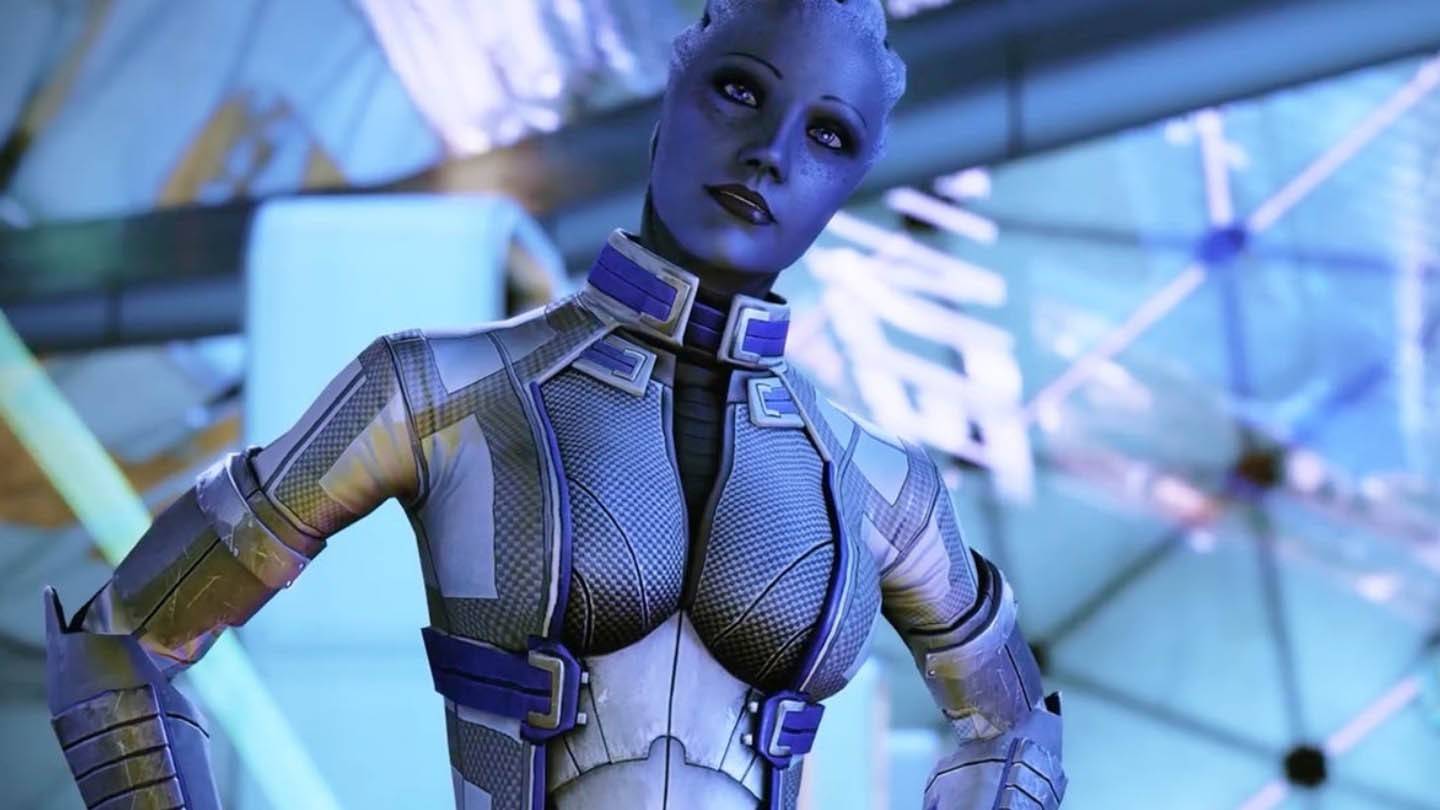 Image: x.com
Image: x.com
Is Dragon Age Dead?
EA CEO Andrew Wilson hinted that The Veilguard might have fared better as a live-service game, aligning with modern gaming trends. CFO Stuart Kent noted that the game underperformed against other single-player RPGs. In EA's financial reports for Q3 2024, neither Dragon Age nor Mass Effect were mentioned, indicating a shift in focus towards more lucrative ventures. While former BioWare staff expressed interest in expanding the Dragon Age universe, their departure casts doubt on these plans. Cheryl Chi emphasized that the spirit of Dragon Age remains alive through fan creations and community engagement, suggesting that while the series' future is uncertain, its legacy endures.
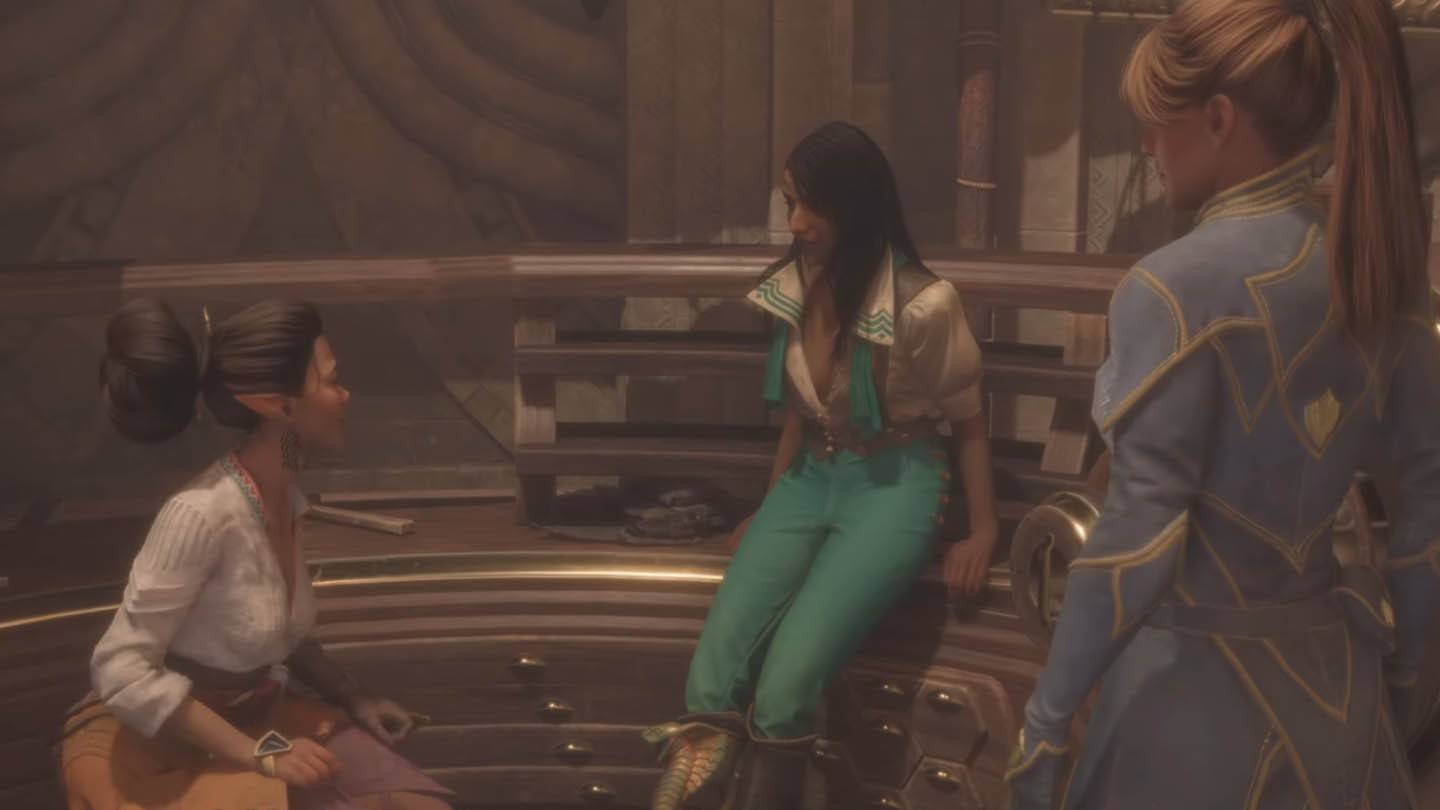 Image: x.com
Image: x.com
What About the Next Mass Effect?
Mass Effect 5, announced in 2020, is in pre-production and represents BioWare's sole major project following The Veilguard's release. With a reduced team, the project is led by Michael Gamble, alongside key figures like designer Dusty Everman, art director Derek Watts, and cinematic director Parry Ley. The game aims for greater photorealism and appears to continue the storyline from the original trilogy, potentially tying into Andromeda. However, due to BioWare's restructuring and the lengthy development process, a release before 2027 seems unlikely. The hope is that Mass Effect 5 will avoid the pitfalls that plagued The Veilguard, such as chaotic development and uninspired storytelling.
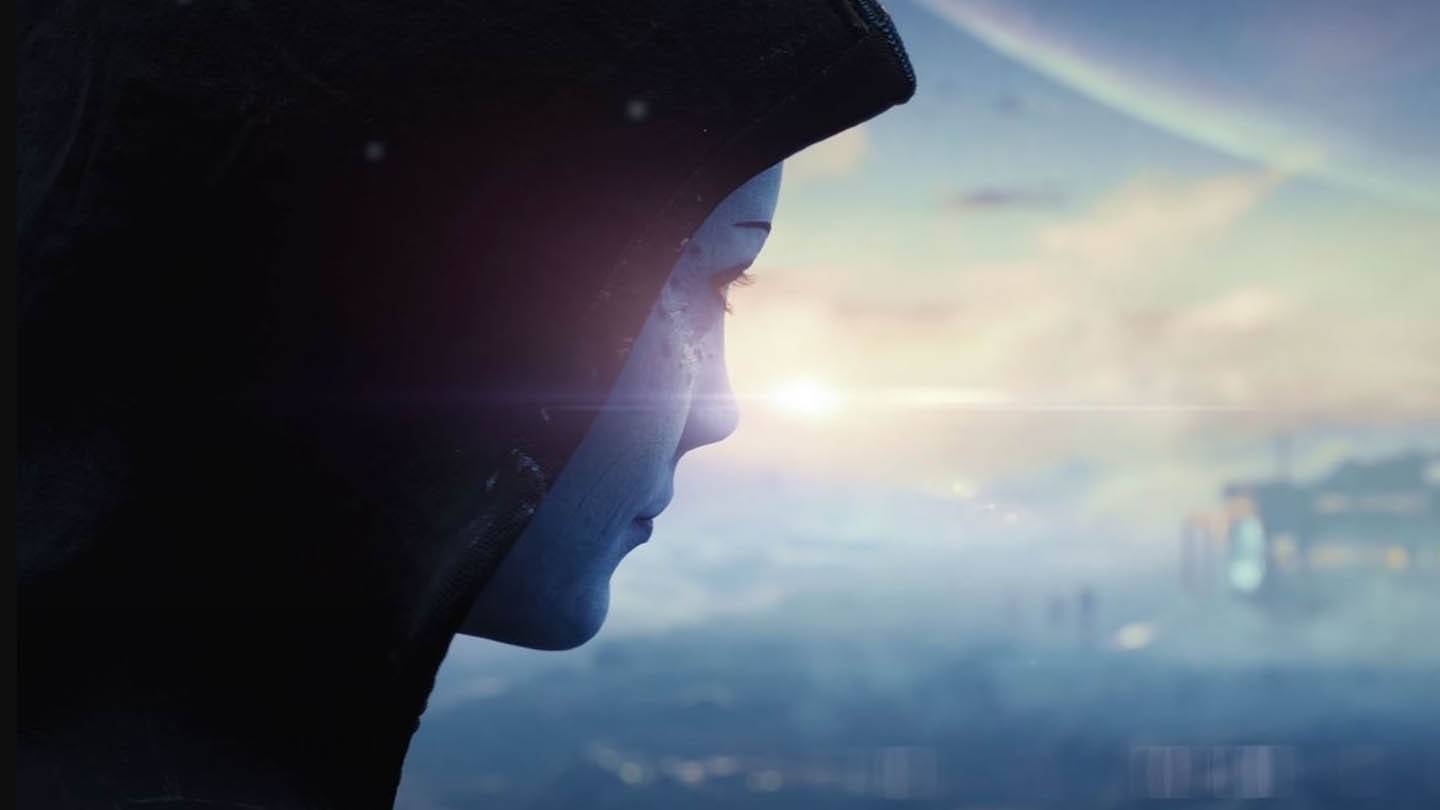 Image: x.com
Image: x.com
-
 Jan 27,25Roblox: Bike Obby Codes (January 2025) Bike Obby: Unlock Awesome Rewards with These Roblox Codes! Bike Obby, the Roblox cycling obstacle course, lets you earn in-game currency to upgrade your bike, buy boosters, and customize your ride. Mastering the various tracks requires a top-tier bike, and thankfully, these Bike Obby codes deliver
Jan 27,25Roblox: Bike Obby Codes (January 2025) Bike Obby: Unlock Awesome Rewards with These Roblox Codes! Bike Obby, the Roblox cycling obstacle course, lets you earn in-game currency to upgrade your bike, buy boosters, and customize your ride. Mastering the various tracks requires a top-tier bike, and thankfully, these Bike Obby codes deliver -
 Feb 20,25Where to Preorder the Samsung Galaxy S25 and S25 Ultra Smartphones Samsung's Galaxy S25 Series: A Deep Dive into the 2025 Lineup Samsung unveiled its highly anticipated Galaxy S25 series at this year's Unpacked event. The lineup features three models: the Galaxy S25, S25+, and S25 Ultra. Preorders are open now, with shipping commencing February 7th. Samsung's web
Feb 20,25Where to Preorder the Samsung Galaxy S25 and S25 Ultra Smartphones Samsung's Galaxy S25 Series: A Deep Dive into the 2025 Lineup Samsung unveiled its highly anticipated Galaxy S25 series at this year's Unpacked event. The lineup features three models: the Galaxy S25, S25+, and S25 Ultra. Preorders are open now, with shipping commencing February 7th. Samsung's web -
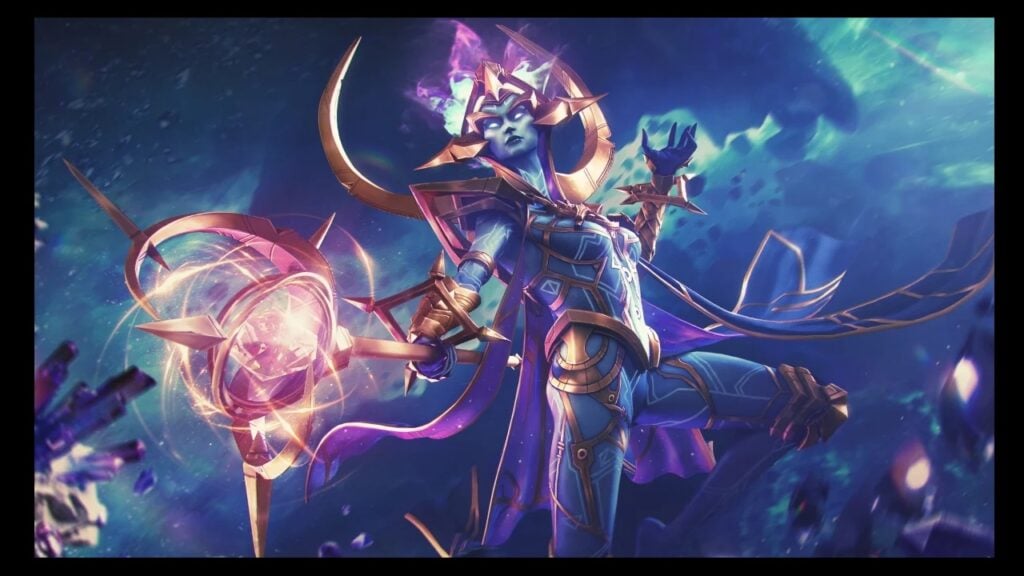 Jul 02,22Isophyne Debuts as Original Character in Marvel Contest of Champions Kabam introduces a brand-new original character to Marvel Contest of Champions: Isophyne. This unique champion, a fresh creation from Kabam's developers, boasts a striking design reminiscent of the film Avatar, incorporating copper-toned metallic accents. Isophyne's Role in the Contest Isophyne ent
Jul 02,22Isophyne Debuts as Original Character in Marvel Contest of Champions Kabam introduces a brand-new original character to Marvel Contest of Champions: Isophyne. This unique champion, a fresh creation from Kabam's developers, boasts a striking design reminiscent of the film Avatar, incorporating copper-toned metallic accents. Isophyne's Role in the Contest Isophyne ent -
 Jan 11,25Jujutsu Kaisen Phantom Parade: Tier List Revealed This Jujutsu Kaisen Phantom Parade tier list helps free-to-play players prioritize character acquisition. Note that this ranking is subject to change with game updates. Tier List: Tier Characters S Satoru Gojo (The Strongest), Nobara Kugisaki (Girl of Steel), Yuta Okkotsu (Lend Me Your Stren
Jan 11,25Jujutsu Kaisen Phantom Parade: Tier List Revealed This Jujutsu Kaisen Phantom Parade tier list helps free-to-play players prioritize character acquisition. Note that this ranking is subject to change with game updates. Tier List: Tier Characters S Satoru Gojo (The Strongest), Nobara Kugisaki (Girl of Steel), Yuta Okkotsu (Lend Me Your Stren
